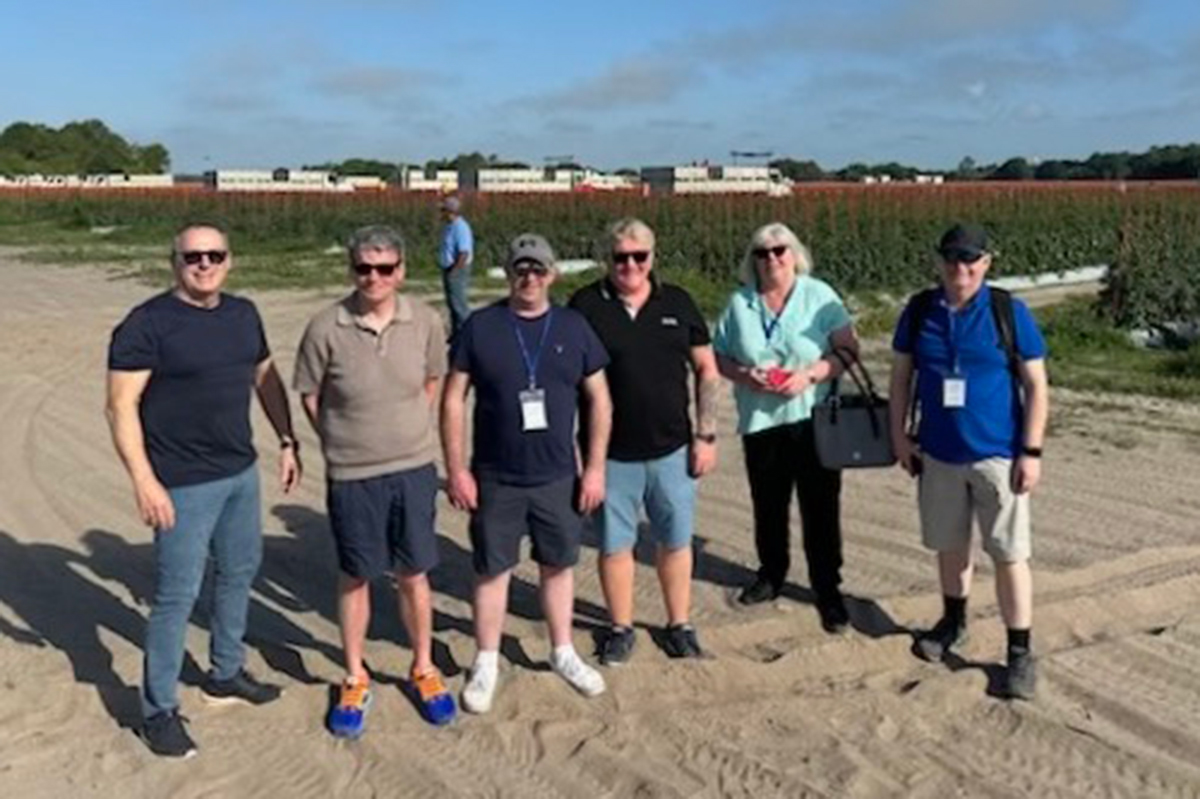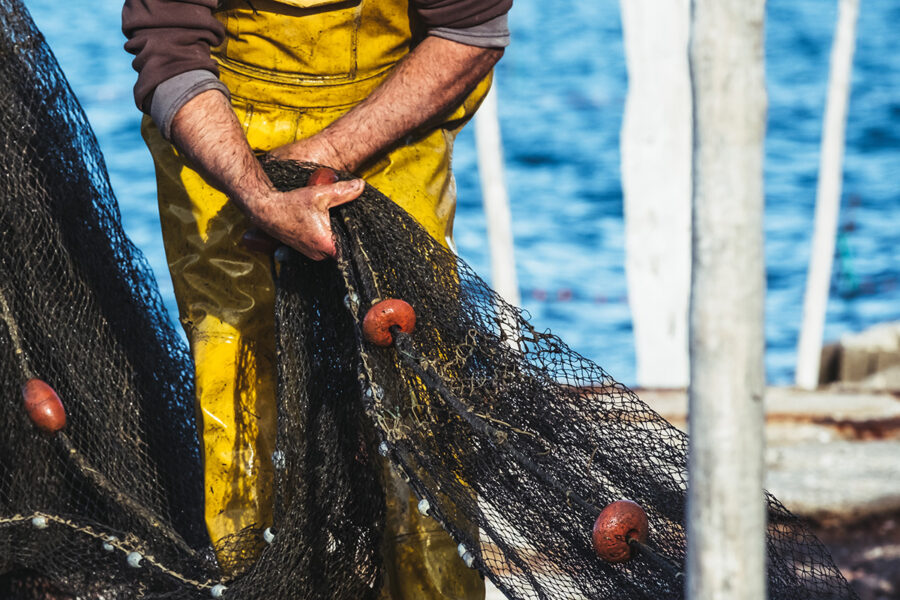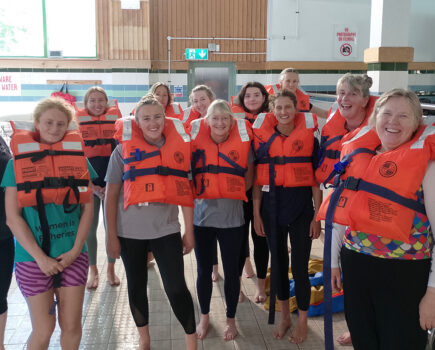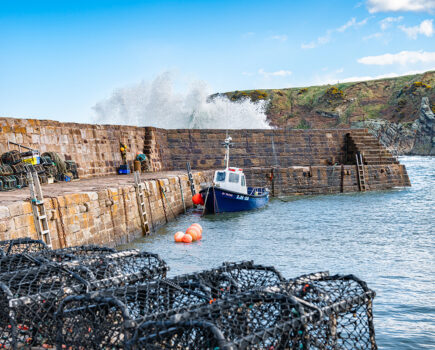A pilot scheme to enable UK vessel owners to be verified to provide assurance that their foreign crews are not being exploited or subjected to ill-treatment is expected to start in North East Scotland this summer.
The scheme, to be run by the Scottish White Fish Producers’ Association (SWFPA) and partners, is modelled on the Fair Food Program in southern Florida, where Mexican workers in the tomato industry had been subjected to racial and sexual discrimination – leading to fatalities in the most extreme cases – for years.
The workers were driven extremely hard by unscrupulous gangmasters. They finally banded together and created a code of conduct, which set out the basics of how they expected to be treated by their employers.
This code was eventually successfully presented to the buyers of the tomatoes by the workers, after years of resistance from the farmers themselves. Restaurant chain Taco Bell, an early adopter, saw the merits in the worker- driven approach, and included it in the guidelines of its own buying policy. It told suppliers it wouldn’t purchase any tomatoes unless the employer introduced the code of conduct.
The motivation for similar measures in the UK fishing industry arises from a report from Nottingham University two years ago, which was widely followed up in the mainstream media, claiming that modern-day slavery was occurring in the UK fishing industry.
This was exacerbated by repeated criticisms from other NGOs that the transit visa route, used to employ crew working outside 12nm, removes from crew the protection and provisions of UK employment law on such matters as minimum wages.
On vessels working inside 12nm, migrant crews are subject to anxiety and uncertainty because they can be deported for a year if the vessel on which they work is deemed to be operating illegally because crew do not have the appropriate visas.
One result of the unfavourable public image of the industry created by the report and media coverage is that large retailers are insisting on a social audit of the crews of vessels whose catches they buy.
The SWFPA says the industry has a handful of bad apples, and that it takes only one or two bad employers to bring the whole sector into disrepute. It argues that they must be identified and sanctioned, rather than the whole industry being vilified.

Mike Park (left) and the UK team at a Florida tomato farm, where they met migrant workers benefiting from an assurance scheme that they plan to adapt for the Scottish fleet.
The industry has taken steps to resolve the immediate problems, with many new crew arriving under the skilled worker route, which provides them with much more protection. However, the SWFPA says that to protect itself against further criticism, and to enable the best practice operated by the vast majority of vessels in the UK fleet to be verified, the industry needs to establish a nationally and/ or internationally recognised programme of Worker Driven Social Responsibility (WDSR). This will include a grievance procedure attached to a code of conduct and a third-party audit process, all of which will be clearly spelled out to foreign crew when they start their contracts.
Florida’s Fair Food Program is seen as a model that can be adapted to meet the different circumstances of the fishing industry. It rests heavily on a third-party audit facility, which routinely audits the employers – in this case fishing companies and vessel skippers – and sets in place a rigorous grievance procedure, which ensures that every complaint against an employer is investigated thoroughly.
The SWFPA says the initiative has attracted great support from seafood retailers, who have been actively involved as the plans have been developed.
As well as the SWFPA, SWFPA Crew Services and the Fair Food Program, partners in the pilot are the International Transport Workers’ Federation (ITF), Focus on Labour Exploitation (FLEX), the Northern Ireland Fishermen’s Federation and Jess Sparks of the University of Nottingham.
SWFPA chief executive Mike Park and five members of the team recently visited Tampa in Florida so that they could see at first hand the programme in operation in the tomato fields.
Mike Park said they are planning to run a pilot scheme based on the Fair Food Program involving about 20 boats in North East Scotland, which he hopes will get underway during July.
“We need to see how it works. FLEX needs to be up and running with a third-party audit system,” he told Fishing News.
“We’ve got the app up and running so foreign crew can launch a grievance.”
The SWFPA will take the skippers of the boats involved in the pilot scheme to Florida, where the programme will be explained to them by those who had the foresight ‘to stand up and be counted’.
“They will hear their story and the reasons and rationale that drove them on,” said Mike Park. “They will visit the farms, witness an audit in process, and speak both with the workers and the auditors.
“Importantly, they will have an opportunity to speak with the employers and gangmasters who very much welcome and embrace the change.”
FN will carry full details of the trip, and the reactions of both skippers and foreign crew to the pilot scheme, in a future issue.
This story was taken from the latest issue of Fishing News. For more up-to-date and in-depth reports on the UK and Irish commercial fishing sector, subscribe to Fishing News here or buy the latest single issue for just £3.30 here.
Sign up to Fishing News’ FREE e-newsletter here.








